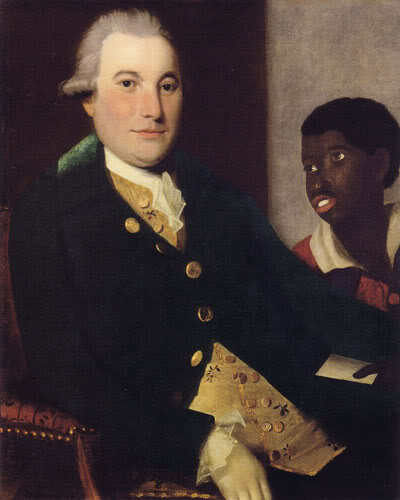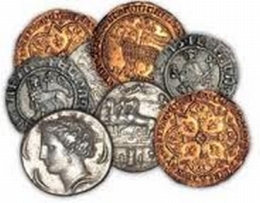 The post Truth or Consequences talked about the fact that the way we speak about something determines how we understand it. It’s not the other way around.
The post Truth or Consequences talked about the fact that the way we speak about something determines how we understand it. It’s not the other way around.
In a previous post I discussed how our untruthful speech keeps us from seeing reality as it really is. Here’s another example: the idea that there is such a thing as an “objective” or “unbiased” point of view, or reporting.
Why? Because the reality is that all reporting is biased. It can not help but be biased. This is because we each come to a situation with our own experiences, background understanding, education and cultural lenses. We have no way to write or speak about anything that doesn’t incorporate these aspects of ourselves.
For example, I can’t have the perspective of a man of color from the global south. I can only understand and speak about the world from the perspective of a woman of northern European descent, living in North America, benefiting from white privilege with access to far more than my fair share of resources compared to most human beings on the planet.
Rather than trying to make reporting “unbiased” which is impossible, we should try to learn what the bias actually is.
In other words – there is ALWAYS a bias. The question to ask is “What is the bias?” and “Is the reporter or speaker open and transparent about their bias?”
Every newspaper, book, magazine and TV show edits the material they have. Some facts are reported. Some pictures are chosen. Some quotes are used. Others are not. Everything we see has been selected and edited using a particular lens. What is the lens? Who pays? Which corporations sponsor? Who benefits?
As a Catholic theologian, my bias is for the common good. This does not mean “to compromise” like in a real estate deal. I don’t give up something, others give up something and we wash out somewhere in the middle. No. Rather, we each listen to every one’s needs. Then we use imagination and creativity to come up with something that meets the needs of all.
In striving for the bias of the common good I use my lens described above. It is a limited lens, which is why it is important that I listen to many points of view. This requires on-going reading, conversation and education.
This is not fast. It is not easy. But that is not to say that it is impossible. It does take time, effort and perseverance. It does take listening to one’s self and to others. But this is the task of caring for our human family.
You may also like Truth of Consequences, What is Your Story?,


